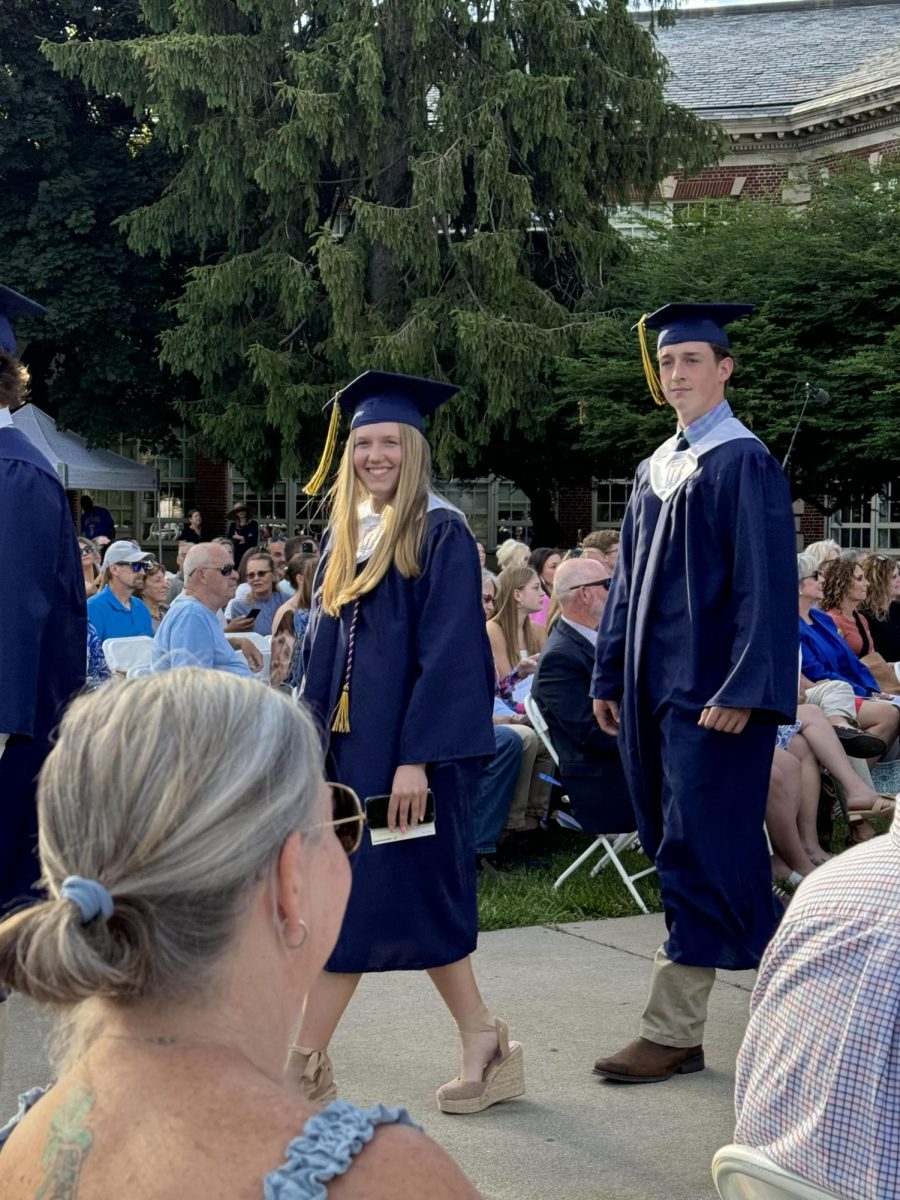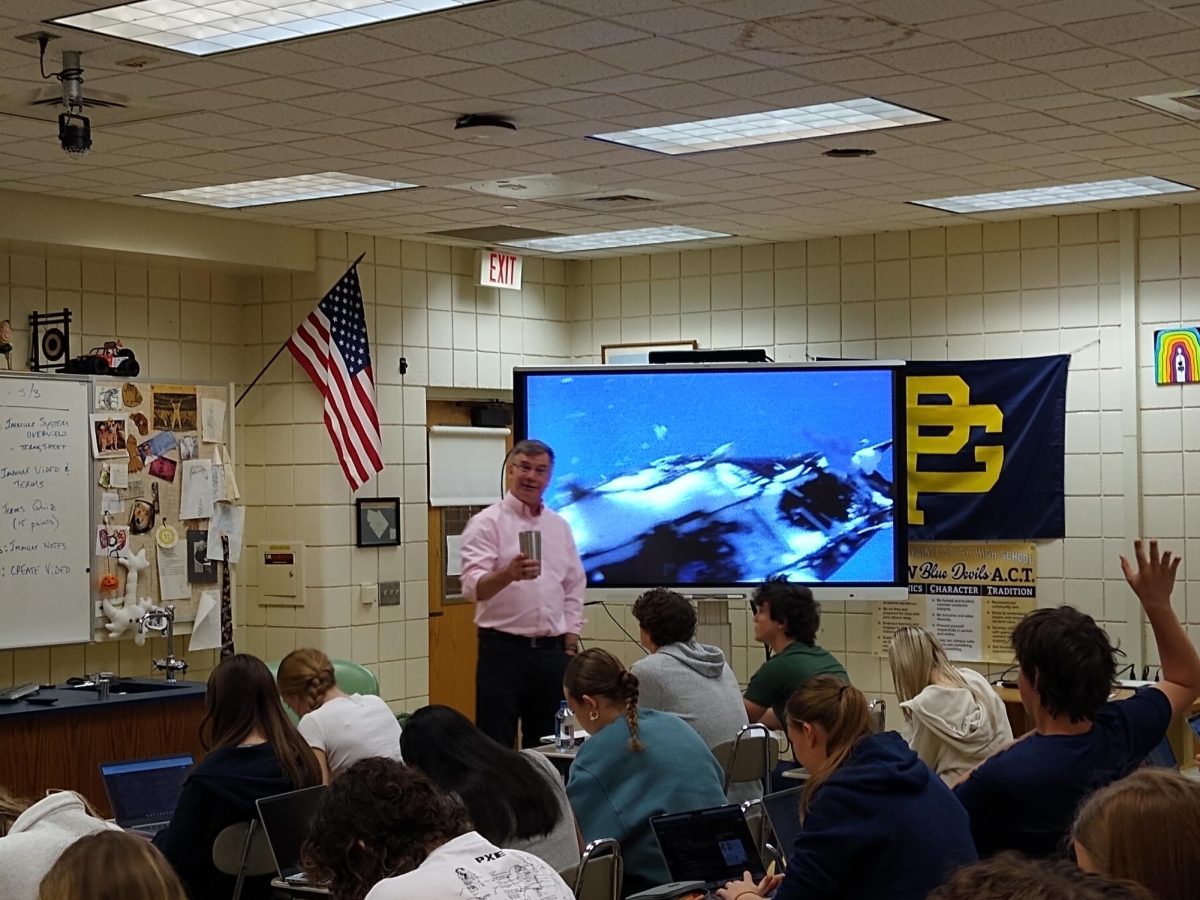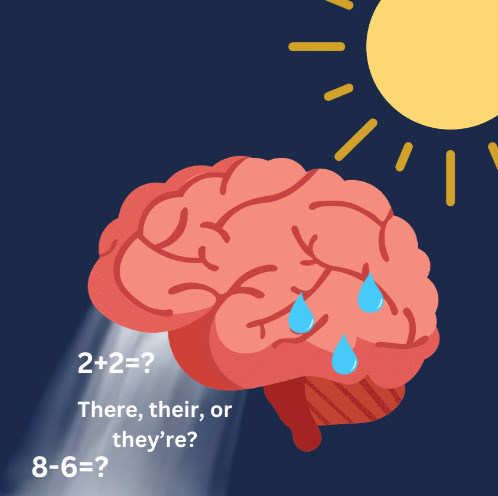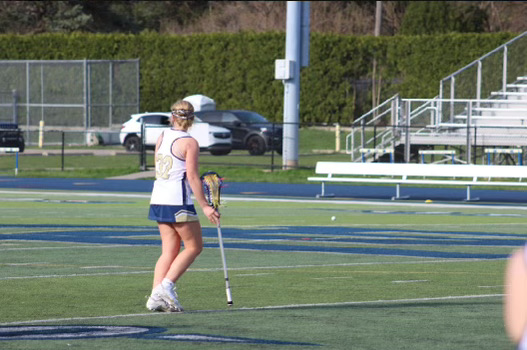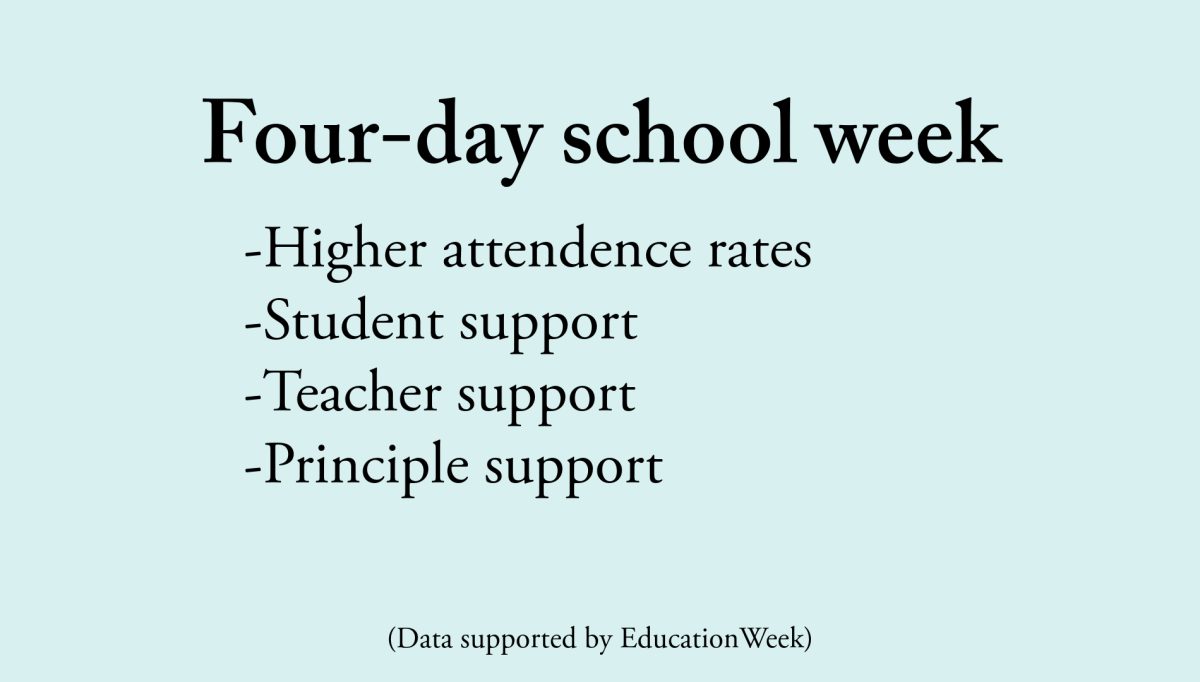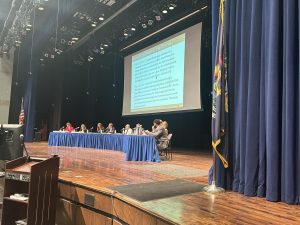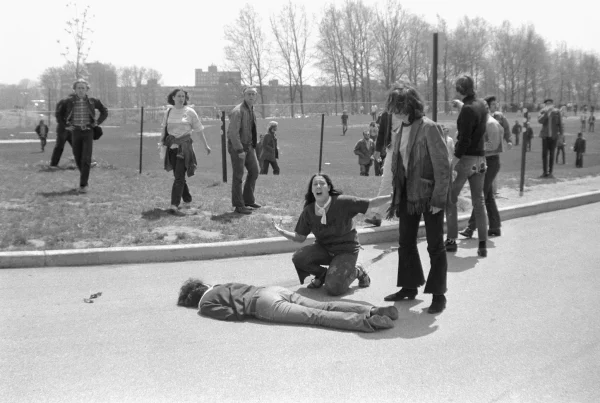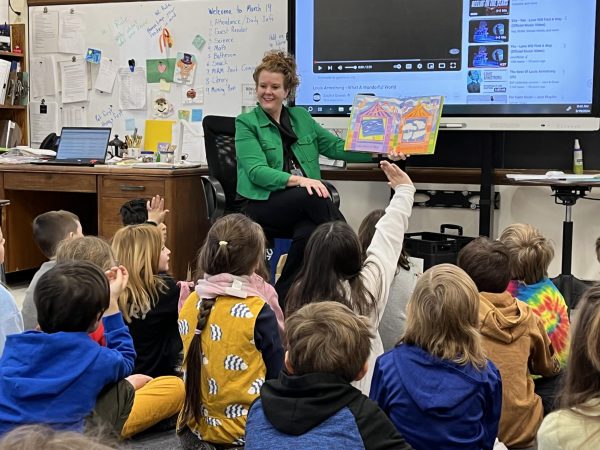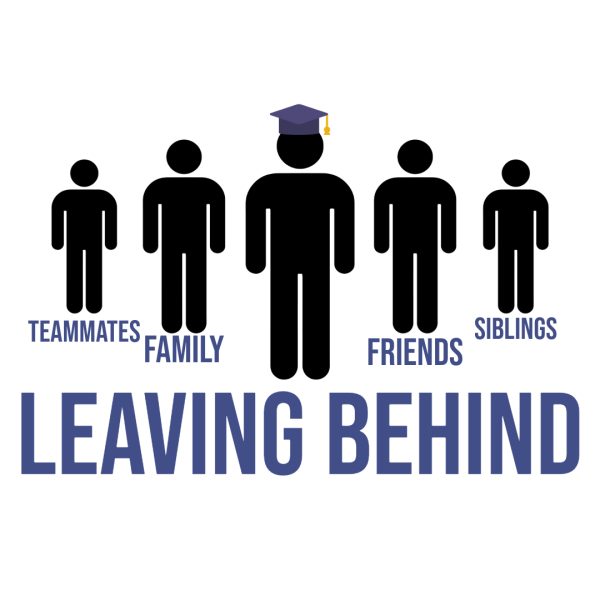Sports and sex-ed; the trickle of religion into educational activities
January 13, 2023
Following a 2015 court case in Bremerton, Wash. in which a football coach’s insistence in leading a Catholic prayer before games in a public district, much back and forth has come into the limelight questioning religion’s place in public schools. While some believe that allowing students and faculty to openly express their religious beliefs imposes them upon other students, others think that restricting religious expression in public school districts impedes on their First Amendment rights.
The establishment clause of the First Amendment states that public schools may not impose religion upon students, even if they are not required to participate in said religious activity. Though this prohibits any sort of school or team-initiated prayers, like the one held by the coach in Bremerton, it still allows room for students to express their religious beliefs on their own terms.
At South, religion finds its way into several clubs, classes and sports, according to some members. South’s own football team holds a traditional prayer before running out for every game, led by student captains rather than coaches. According to captain Anthony Benard ’23, some of the more memorable moments in his football career have resulted from teams coming together in prayer.
“After the Romeo game, both teams huddled together and said a prayer for and led by one of their injured teammates, and after the North game, we all said a prayer together,” Benard said. “It’s not really about religion, when it happens both teams view it as just a symbol of respect and well wishes for the other team.”
While South offers several clubs and activities centered around religion, some more general clubs- like choir- find that religious themes make their way into practices and events. According to singer Grace Corrion ’23, most of the winter songs selected for the choir are Christian based or religious in some way.
“It’s sort of unavoidable that most of our holiday music is religious, and I don’t think that majority of our songs are deliberately Christian either,” Corrion said. “Because December is such a religious month most of the music that’s on theme happens to be religious as well.”
Although religious influences are more or less a given in certain aspects of public schooling, the relevance of certain religious ideals like abstinence in health and sexual education have been under media question in recent years. In Michigan, sexual education programs are required to stress abstinence as the safest and most positive option as opposed to other forms of birth control.
Though abstinence in and of itself is strictly a religious practice, the connotation is there and its role in public schools sexual education and health programs stems from religious teachings. According to health teacher Nicole Westfall, she is required to teach abstinence to her students, most of whom are only trying to get their required credits to graduate.
“Abstinence is pretty much just another name for chastity, which is a very religious practice,” Westfall said. “At this point I feel like a broken record teaching it, as it is just so out of place in the curriculum. Like a lot of other things about religion in schools, it falls into this awkward gray area for me as a teacher.”

